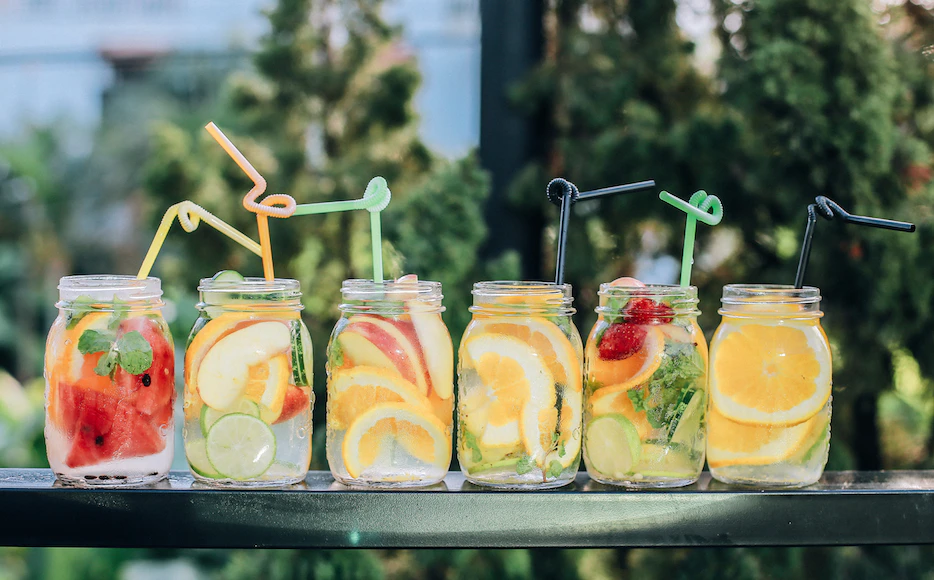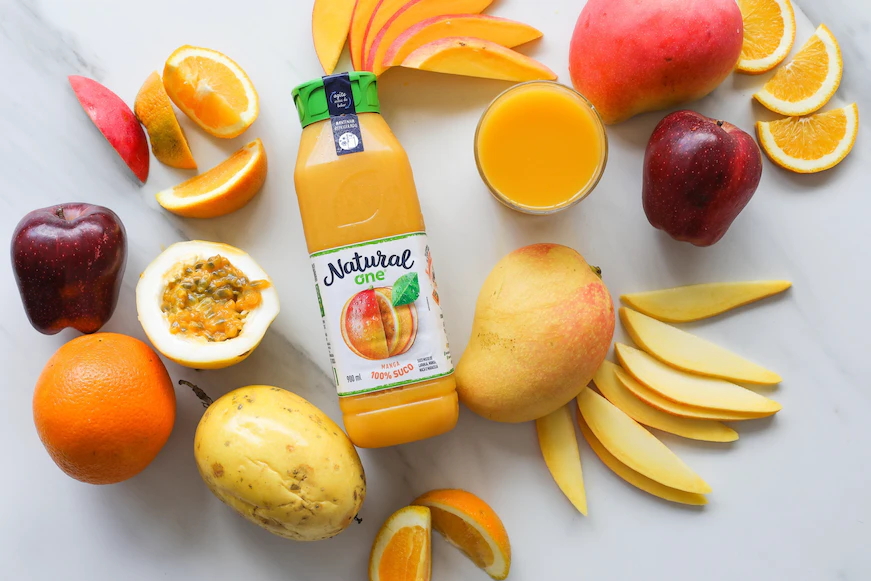"Caffeine consumption in teenagers has been linked to sleep disruptions, impaired school performance and social issues."

Many teenagers consume coffee to get through the rigour of school, extra-curricular activities, tuition and revision, but they may want to reconsider. Coffee can be hazardous to a teenager’s health and development, especially when over consumed. Caffeine consumption in teenagers has been linked to sleep disruptions, impaired school performance and social issues. It can also increase stress levels and lead to physical health problems such as obesity and insulin resistance.
Sugar is a major reason why some beverages are unhealthy, but caffeine should not be missed. We have explored why it is not safe or healthy for teenagers to consume caffeine from coffee or energy drinks, and what parents could do instead.
The Hazards of Caffeine Consumption

Caffeine is a stimulant and can have a powerful effect on the body, making teenagers feel more alert and energetic. This may seem like a good thing, but it could lead to physical and mental health problems down the line.
The overconsumption of coffee can cause a wide range of physical, emotional, and cognitive symptoms. These may include:
- Headaches
- Nausea
- Vomiting
- Irritability
- Tremors or shakes
- Difficulty concentrating and focusing
- Increased heart rate and blood pressure
- Convulsions or seizures
- Mood swings
- Impulsivity.
- Dehydration due to frequent urination
Caffeine is known to reduce the quality of deep sleep during the night which could lead to chronic sleep deprivation. This disruption affects children’s cognitive functioning and emotional regulation in addition to their physical growth. Studies have linked the overconsumption of coffee in children to anxiety and depression due to its impact on sleep.
The Dangers of Sugary Drinks

Any caffeinated beverages marketed to kids come loaded with sugar. This makes them even more hazardous than coffee alone because consuming too much sugar can lead to serious health issues like diabetes, heart disease, and obesity. Parents should be aware of the sugar content in caffeinated drinks their children consume and try to limit their sugar intake as much as possible.
It is also crucial for parents to remember that energy drinks can be hazardous because they often contain more caffeine than coffee, plus large amounts of sugar. Not only does this combination provide an extra-strong boost of energy, it can also put kids at risk for serious health consequences if consumed in excess. For these reasons, parents should discourage their children from drinking energy drinks and give them options for healthier alternatives instead.
Alternatives to Coffee

If you want to give your kids a boost of energy without relying on caffeine, there are other alternatives you can explore. To keep your kids energised and healthy, you can offer them natural sources of caffeine such as:
- Herbal teas. Peppermint and chamomile have calming effects, while green tea is packed with antioxidants that can help boost energy levels naturally.
- Hot Chocolate: Hot chocolate made from cocoa powder is a delicious alternative to coffee. Cocoa beans have caffeine, and a large cup of hot cocoa has as much as 25mg of it.
Non-caffeinated beverages which you could try include:
- Smoothies
- Fruit juices
- Kombucha
- Coconut Water
- Kefir
- Lemon water
These contain many natural sugars that can provide energy without relying on caffeine, sugar-filled sodas, and energy drinks. Of course, it is still important to watch out for added sugars in these beverages and ensure they don’t exceed their daily recommended limit. Otherwise, these are healthier choices than caffeinated products.
Educating Your Kids About Healthy Choices

It is important to educate your children on the importance of making healthy choices when it comes to their diet. Parents should begin by teaching their kids the effects that caffeine can have on their bodies and the risks associated with consuming too much.
Monitoring how many times per week they consume coffee is a good way to make sure kids don’t suffer from any of the health risks. Talk to a nutritionist if you need help understanding the best diet for your kids. Read 6 Tips for Your Kids to Have a Healthy School Year and Smart Food Choices for Kids’ During Exams.
Parents can also model positive behaviour by avoiding sugary drinks and setting an example for their children to follow. By taking the time to educate our children and set a positive example, you will be helping to ensure that your kids lead healthy lives.
